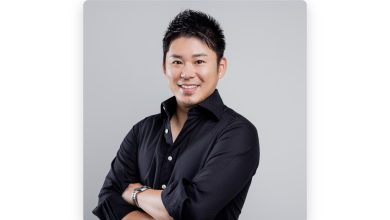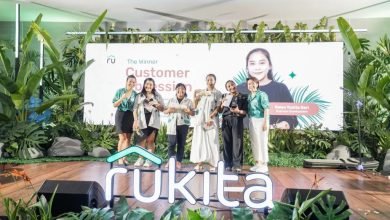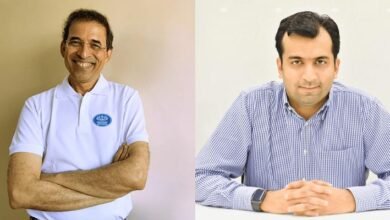To convert agri-waste into shrimp feed INSEACT raises US $1.3M

INSEACT, a Singapore-based alternative protein startup, earned US$1.3 million in an oversubscribed seed fundraising round earlier this year from a number of investors, including ADB Ventures, Loyal VC (Canada), and INSEAD Asia Angels Club.
A big unnamed worldwide shrimp producer, a European family office, and private investors like Claudia Zeisberger (Private Equity professor at INSEAD Business School) and Idgar Kippersluis (co-founder of Europe-based Standard Investment) also took part.
INSEACT will use the funds to establish a Black Soldier Flies (BSF) pilot production and research and development facility in Singapore, as well as to supply the product to its clients.
Almost all land suitable for food production is already in use across the world, and overexploited resources such as natural fisheries are collapsing to feed an ever-increasing population. As a result, the necessity for new food sources is unavoidable, and INSEACT was established to fill that void.
When Tim van Vliet and Michael Badeski were in the MBA programme at INSEAD Business School, they came up with the idea for INSEACT.
Starting with shrimp feed, the company specializes in creating sustainable insect protein for aquaculture. It feeds the insects using waste from palm oil operations as a basic source. Its cutting-edge approach promotes a completely circular economy by diverting waste streams from palm oil production away from carbon-emitting landfills and into the hands of BSF for bioconversion.
High-quality protein, oil, and organic fertilizer are all produced as a result of the procedure. XFprotein (a nutrient-rich animal feed ingredient made from dried and ground black soldier fly larvae), XFoil (a clarified insect oil made from our farmed black soldier fly larvae), and XFfrass (a nutrient-rich animal feed ingredient made from dried and ground black soldier fly larvae) are the protein products (a by-product of black soldier fly larvae composting).
These protein products are high-performance shrimp and fish feedstocks that minimise aquaculture feed’s dependency on wild-caught fish.
The company promises to be carbon negative and waste-free in its operations.
INSEACT caters to the rapidly expanding aquaculture feed industry (13.3 percent CAGR), which is expected to reach US$156 billion by 2022, with Asia accounting for 89% of the total.
Tim van Vliet, CEO of INSEACT, said: “Sustainable insect-derived products are the key to solving a wide range of environmental problems. Our customers see conclusive evidence of shrimp growth benefits from our protein products, leading to significant cost savings and reduced feed consumption. INSEACT is home to almost the entire global production of farmed seafood. With the increasing cost basis of outdated fish and shrimp farming practices, we are receiving snowballing demand and plan to achieve industrial-scale insect protein production in record time.”
INSEACT has been working on a modular insect rearing system that allows for predictable and flexible capacity growth. By allowing lean, evidence-based judgments to determine when and where to expand production capacity, the system takes the guesswork out of scaling-up.
This next-generation vertical raising system incorporates lessons learned from previous BSF businesses, lowering INSEACT’s capital costs while increasing operating efficiencies.





